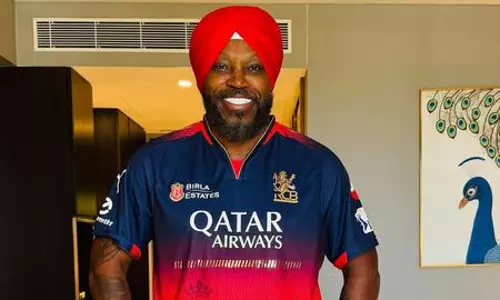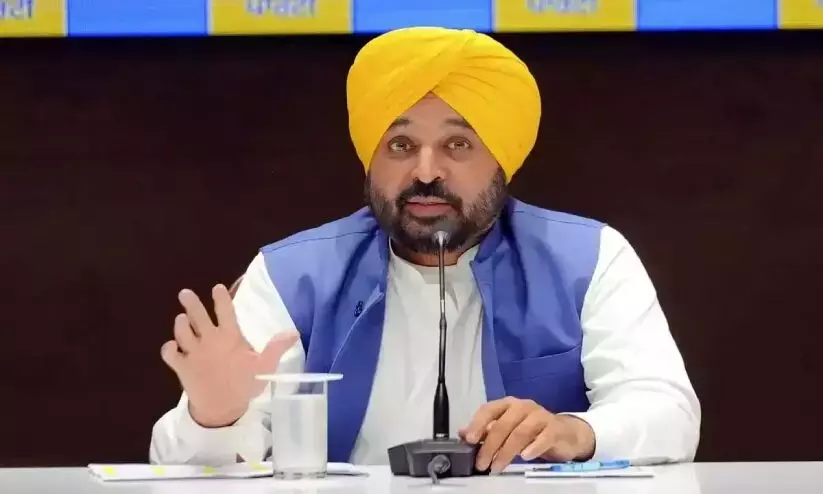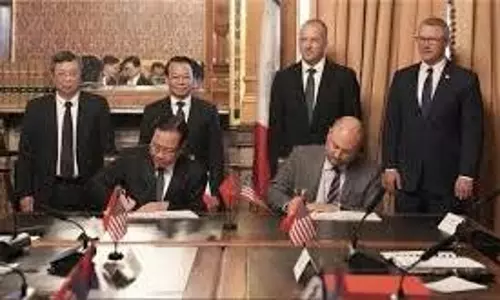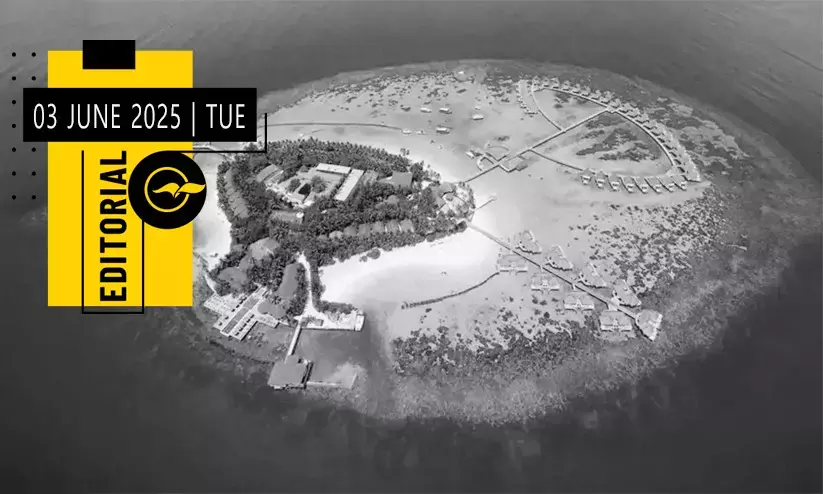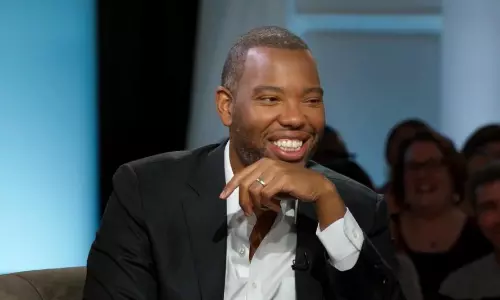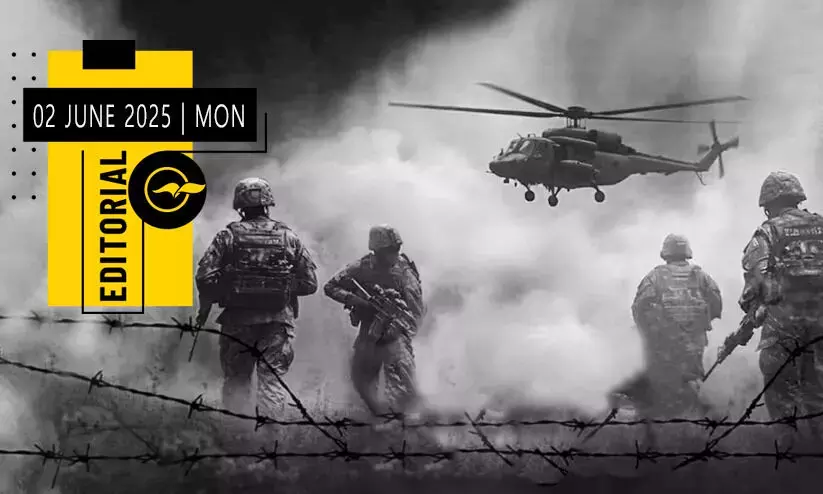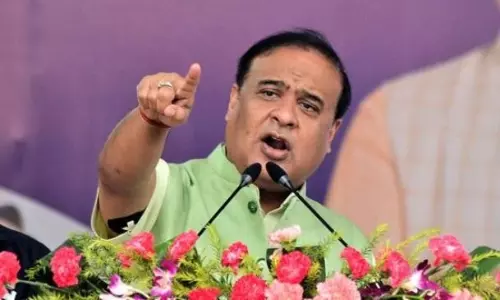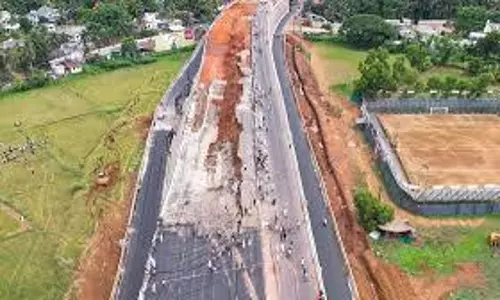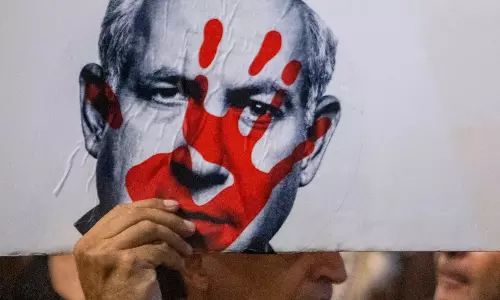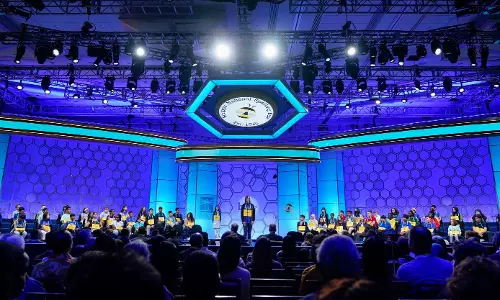The sad fate of Chekannur case
text_fieldsTwenty-five years ago - on the night of 29 July 1993, religious scholar, Abul Hasan Moulavi from Chekannur, alias Chekannur Moulavi was led away from his home by a few criminals purportedly for a Quran class, and is believed to gave been killed, with the dead body either hidden or burned.
In the prosecution case for murder, handled by CBI, the only one sentenced was the first accused; now he too has been acquitted by Kerala High Court which has sullied the image of the CBI raising serious questions about its integrity and efficiency.
The court pointed out that the prosecution has failed to prove even that the maulavi was murdered. Pointing out that as per the Supreme Court judgement ruling even in the absence of recovered dead body, if there are sufficient witness statements and circumstantial evidence, the death of a person can be confirmed, the High Court observed that in this case even such evidence is lacking.
There was a clamour that the police and crime branch which had conducted the initial enquiry was a total failure in making a strong case out of the incident. At one point, veteran freedom fighter E Moidu Molavi had ventured to go on hunger strike demanding referring the case to the CBI. It was later, on 2 August 1996 that the high court referred the case to the CBI and the latter took over the case. But that the CBI was not able to conduct the enquiry with due vigilance and in a foolproof manner, or it faced hurdles in performance, was clear even in the judgement of Ernakulam CBI court on 29 September 2010. For, the court exonerated 8 out of the 9 accused and only V.V. Hamza, the one accused of conspiracy to murder, was sentenced. When issuing the judgement on the case appeals, the High Court raised a very pertinent question: how could it be argued that a lone man made a conspiracy? We get some indications about how things moved from the fact that High Court itself found the CBI officials' actions at certain stages suspicious. Worth recalling are also the transfer of CBI officials when the enquiry was moving on course, and the later disappearance of evidence which led to much controversy.
Moulavi Chekannur is a scholar who had criticised and challenged all the religious organizations of Muslim community and had, at a time formed a controversial body called 'Islam and Modern Age Society'. He had many enemies on the basis of his ideas. All the same, most of the progressive groups in the community had taken a democratic line that his thoughts and arguments had to be faced intellectually and through dialogue of views. As an exception, there was also a conservative segment active in the scene who had taken the extreme stance of handling adversaries physically. And they had enjoyed the support of some higher ups with money and power. Not long after the disappearance of the moulavi, the finger of blame was pointed at them. And it became news too when after the CBI took over the case, their prominent leader was summoned for interrogation. It cannot be forgotten either that until then, BJP was in the forefront of those who had come out in protest against the missing of Chekannur.
If we juxtapose the facts that during the first NDA government the CBI enquiry cooled down all of a sudden, and the BJP stepped back from the demand for enquiry, together with the observations in the latest court verdict, people's suspicions will only get strengthened. Given the perception about the CBI as the the most efficient and fool-proof investigative agency of the country controlled by the prime minister's office, it is really sad and disappointing that in land mark cases including the disappearance of Chekannur, all the accused are acquitted for want of evidence. One is constrained to believe that the atmosphere is not conducive for the CBI to work freely and fearlessly and free from external pressures and influence. Even if a demand for a re-enquiry is raised, as long as the status quo continues, what difference can it make?


